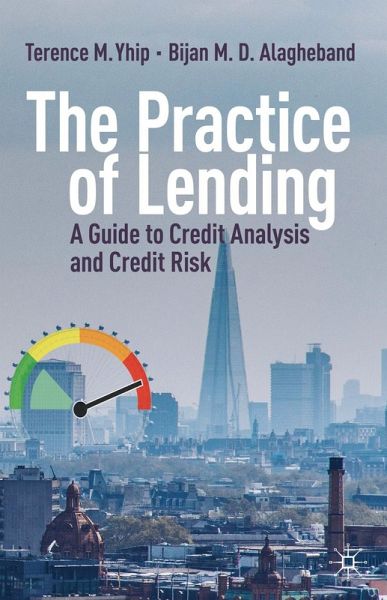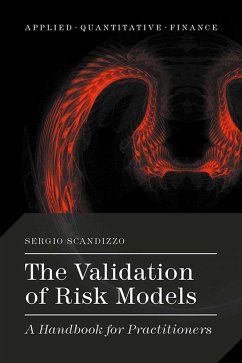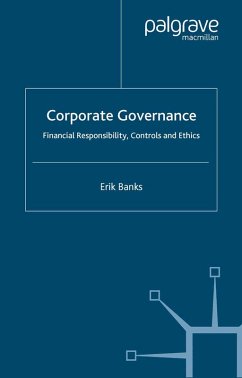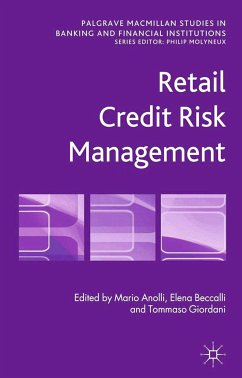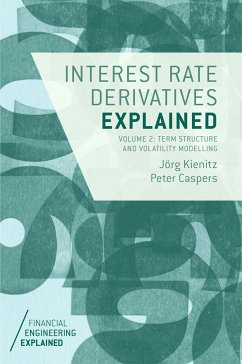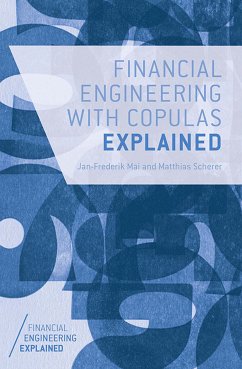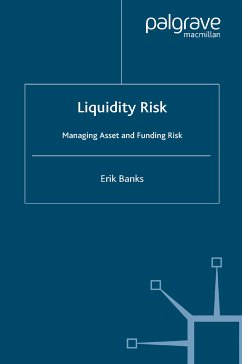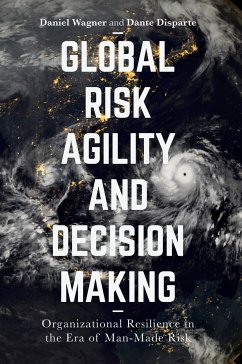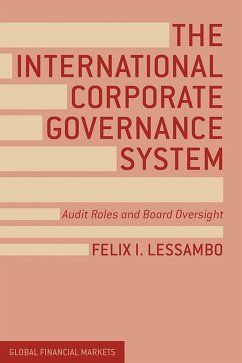Terence M. Yhip started his banking career in 1986 after finishing his PhD in Economics at McGill University, Canada. He has had 35 years of experience in risk modelling, credit underwriting, risk management, and internal auditing, and has held senior positions in these areas. He retired from the Royal Bank of Canada (RBC), the country's largest commercial bank, in 2015. He was a lecturer in International Trade and Finance at Ryerson University in the 1980s. At RBC he played a leading role implementing the AIRB approach in the process of the bank's becoming a Basel II-compliant institution in Q1-2010. After retiring from RBC, Terence was appointed Visiting Fellow at the Department of Economics of the University of the West Indies in Mona, Jamaica. He taught Credit Analysis & Lending, Public Finance, and Caribbean Economies, and represented the university in many public forums on economic development issues related to government budget, foreign borrowing, and exchange rates. He is a Partner of Ideal Advisory Services, a global provider of audit, financial advisory, enterprise-risk management, AML, and related services.
Bijan Alagheband earned a PhD in Economics from McGill University in 1988, specializing in Econometrics and Economic Development. In 2001, he earned the CFA designation. While completing his PhD, he worked as a consultant in applied econometric analysis and computer programming at McGill University. In 1989, he joined Ontario Hydro-a Crown corporation until its breakup in 1998-as the company's energy economist responsible for load forecasting and uncertainty analysis using Monte Carlo simulations. He also contributed to resource planning. After Ontario Hydro split into five companies, he relocated to one of them, Hydro One Ltd that is responsible for electricity transmission and distribution. In his role as strategic planner and, later on, as manager, he prepares the economic and load forecasts as well as market and risk analysis. He also prepares load forecasts for local and regional planning. In addition to his fulltime work at Hydro One Ltd, he taught statistics and financial econometrics at McMaster University's MBA and Master of Finance programs throughout the past 9 years.
